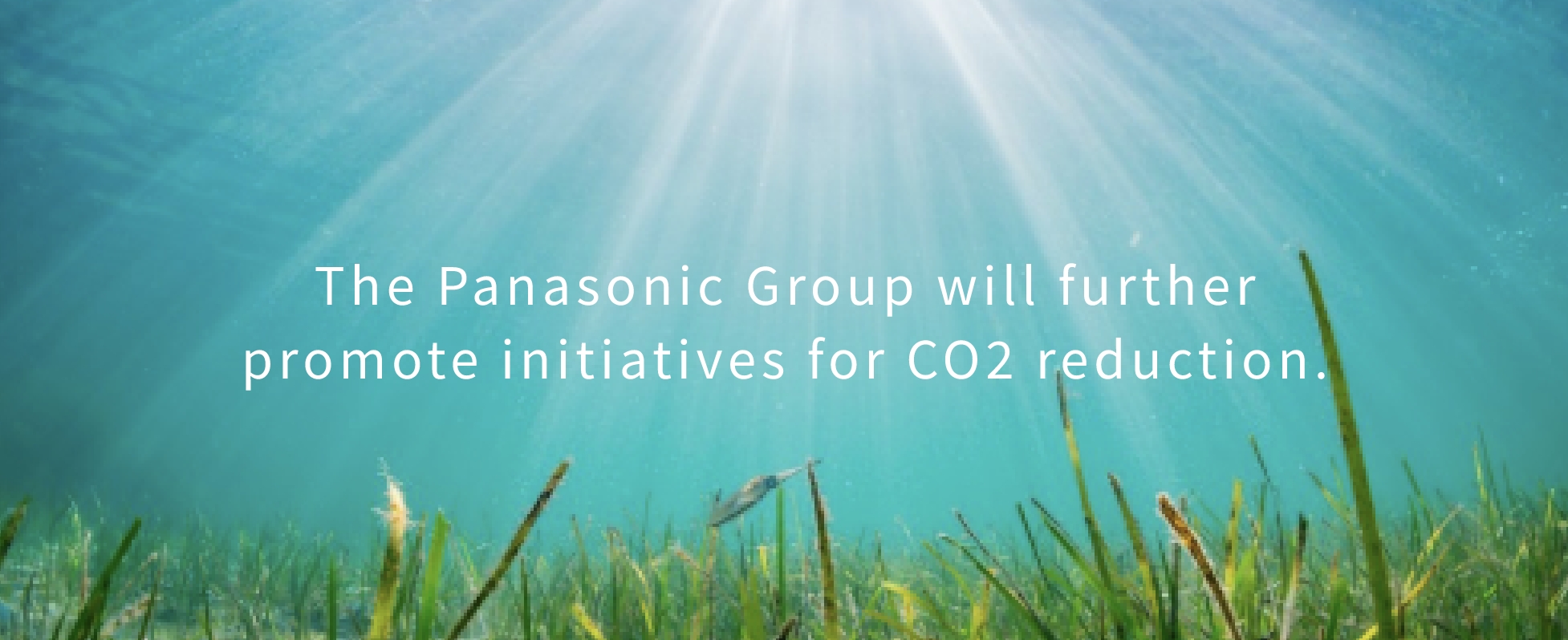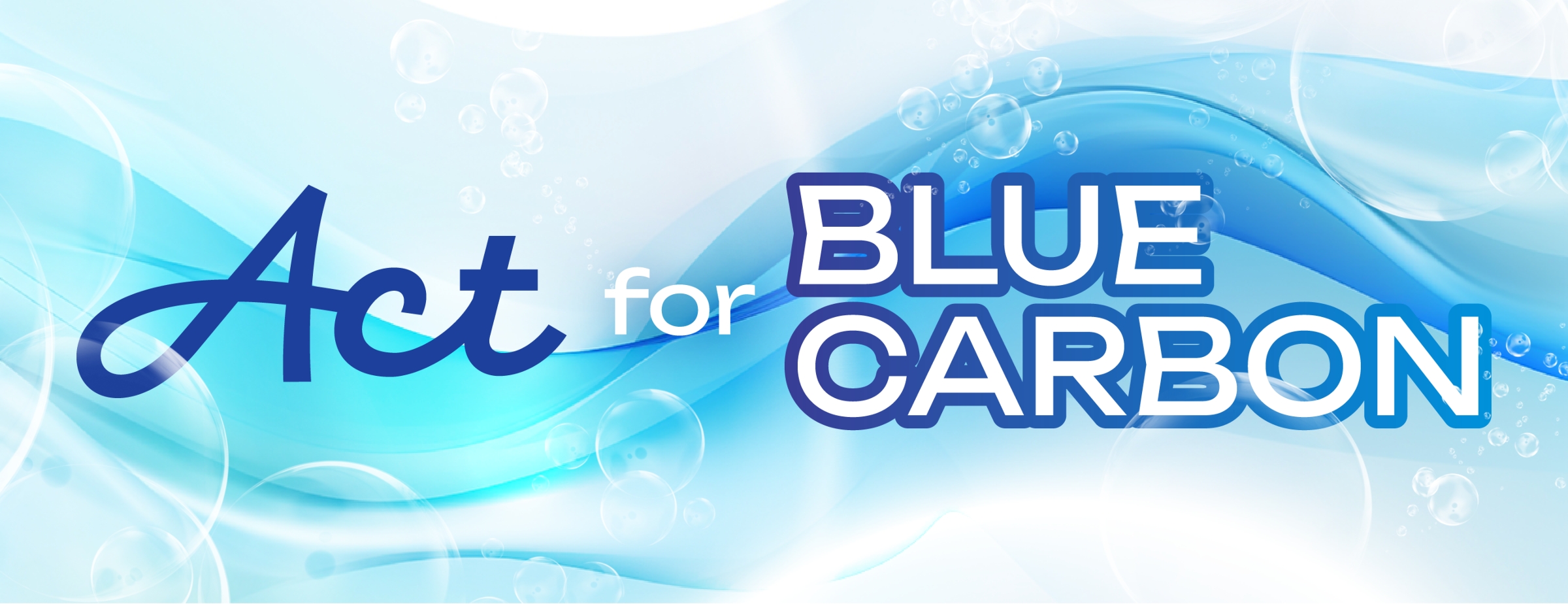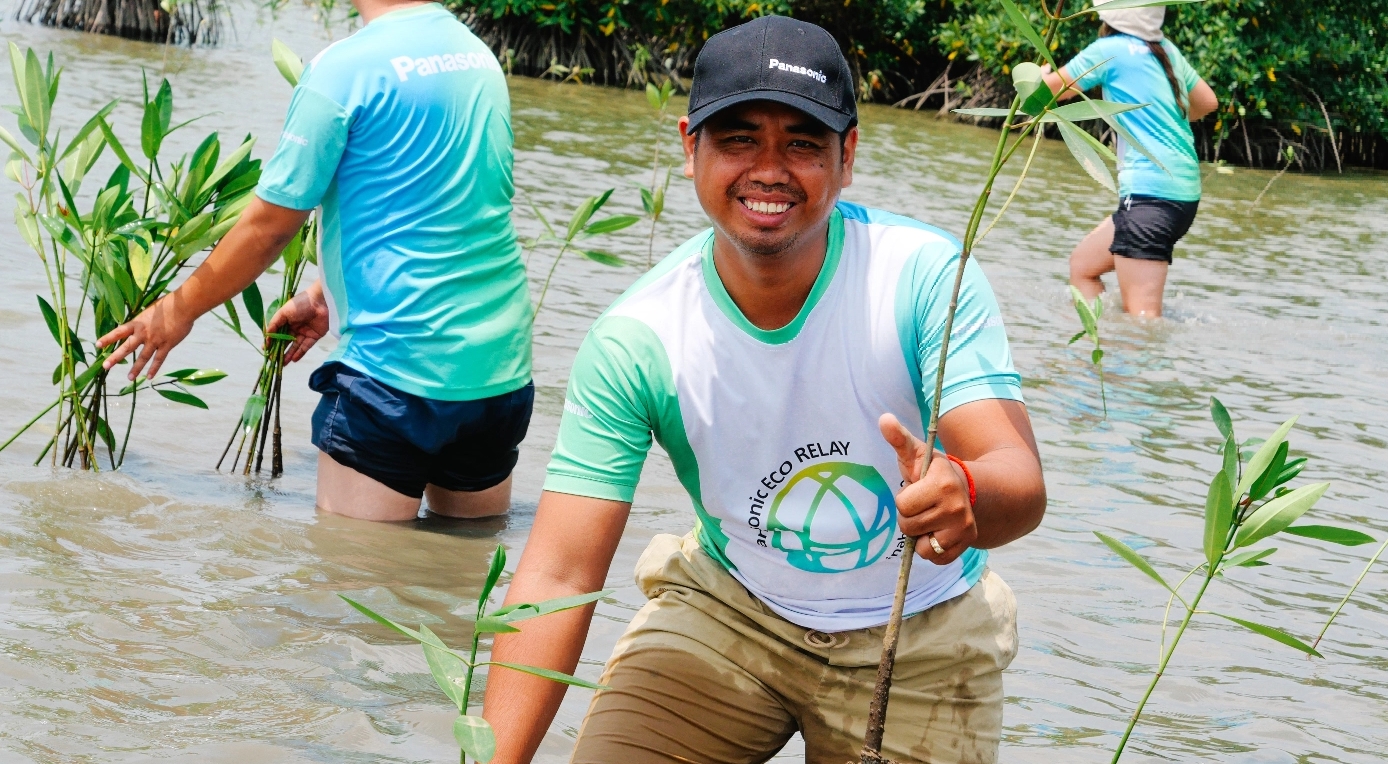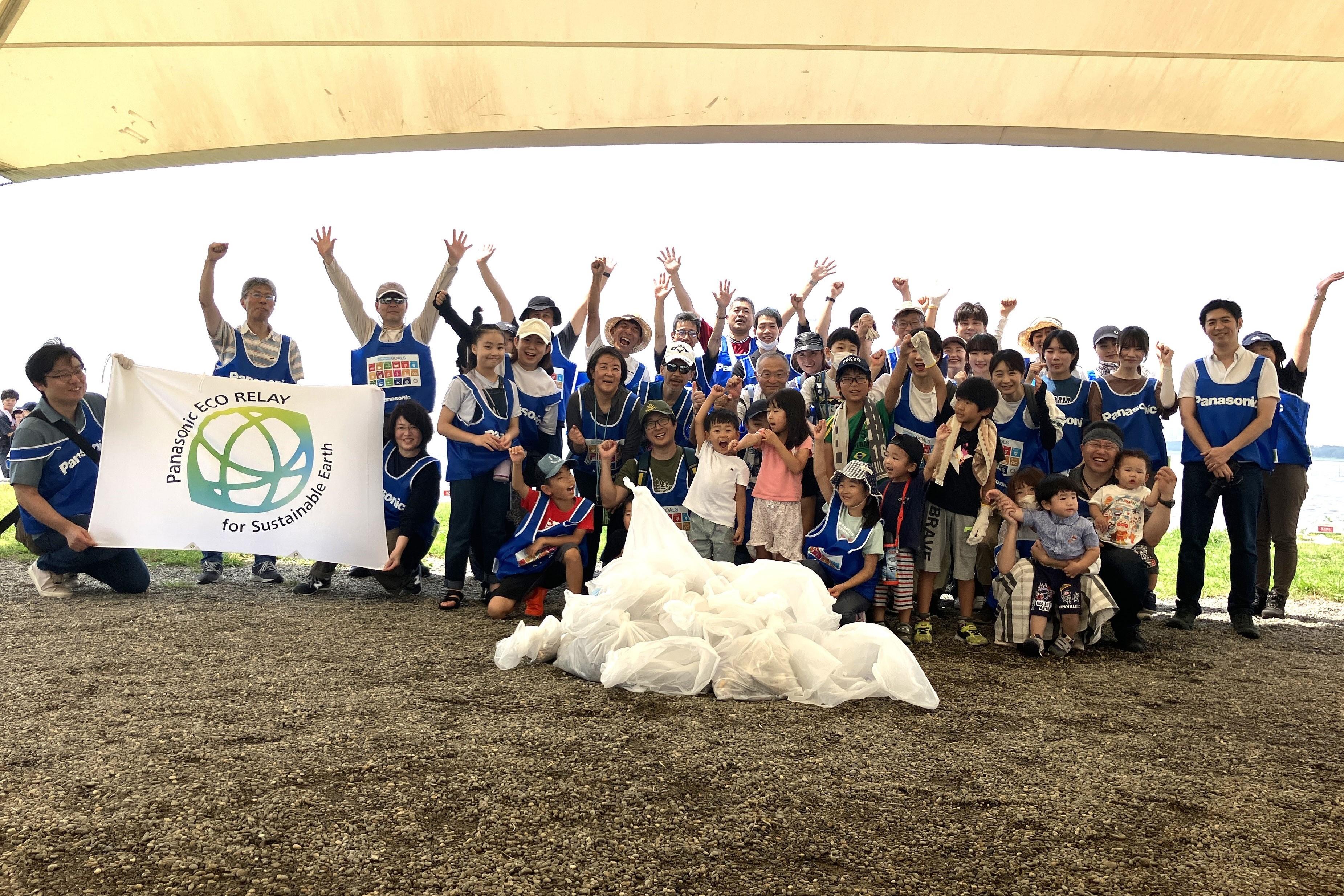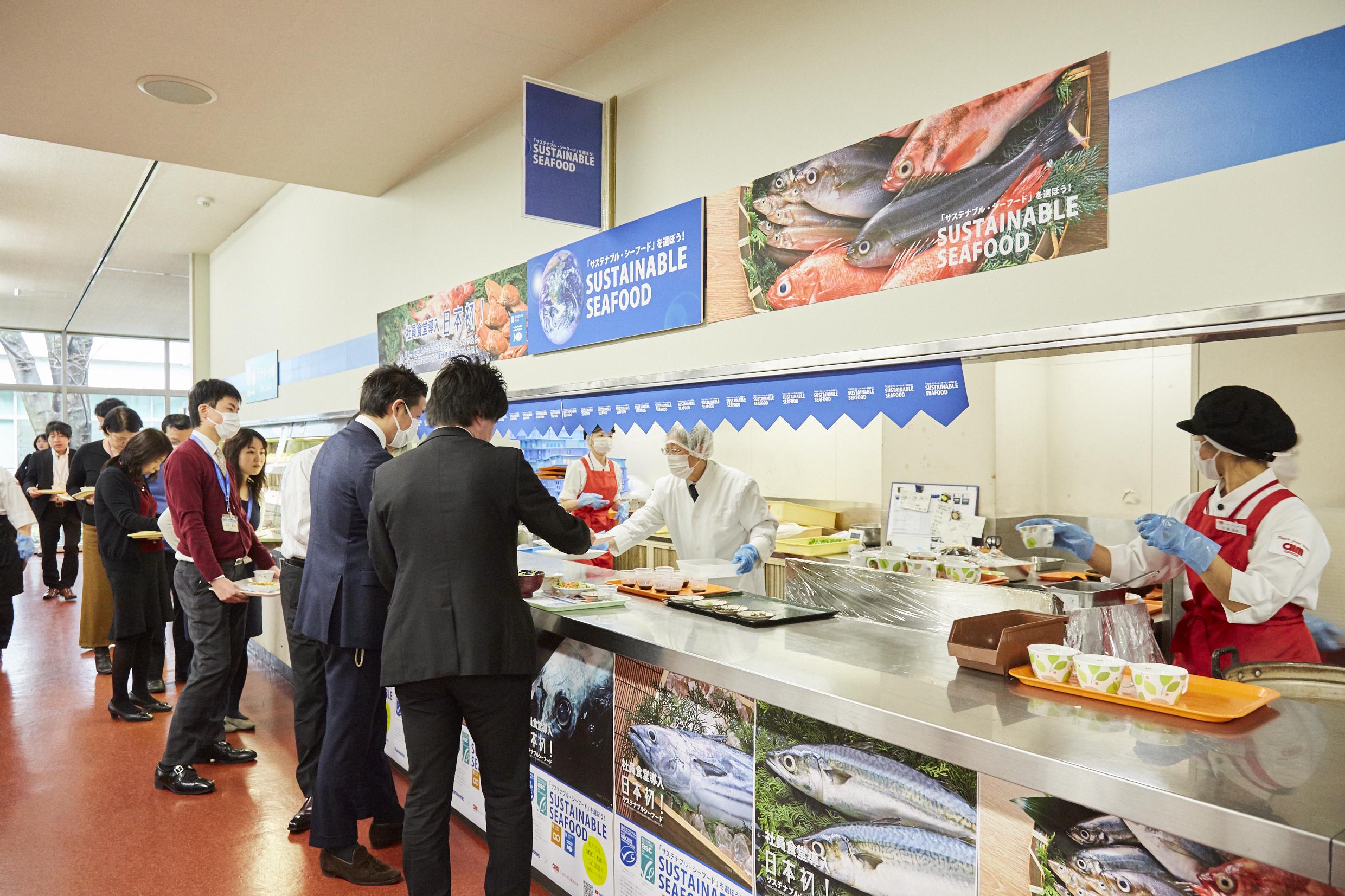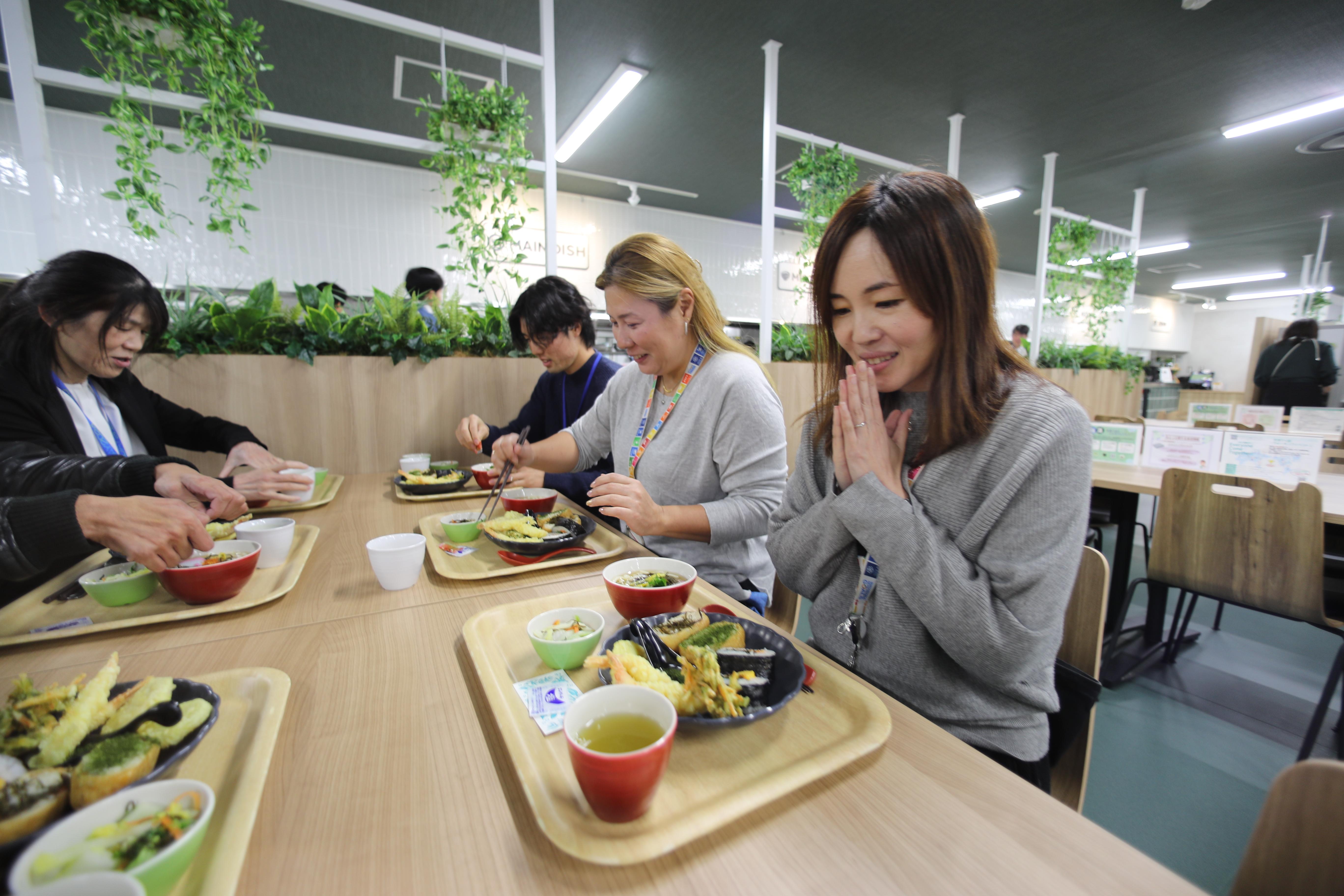At the Panasonic Group, employees have actively engaged in local environmental activities, together with their families and local residents, since 1993.
We have expanded these activities globally and continue to take action for the environment. Now, we are working on “blue carbon” initiatives, which will contribute to decarbonization by protecting the richness of the sea. Marine ecosystems such as seaweed are said to absorb more CO2 than terrestrial ecosystems. However, marine ecosystems are declining due to seawater pollution and rising water temperatures. As a global company with operation bases around the world, we must address this issue seriously. The Panasonic Group will continue its activities to leave a better environment for future generations, as a member of a big family on earth, going beyond the framework of a company.


Carbon absorbed from the atmosphere by marine plants through
photosynthesis and stored in marine ecosystems
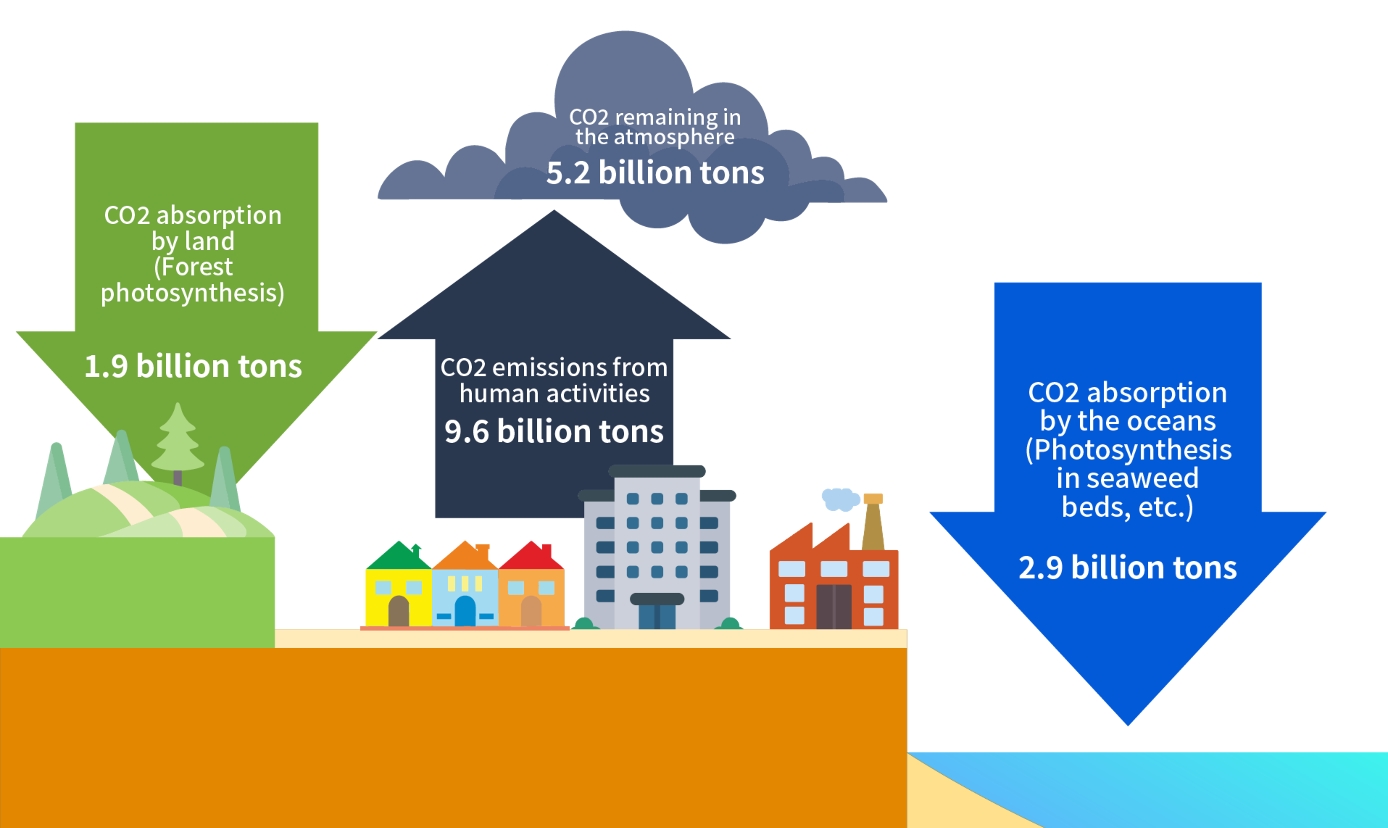
※Created by the Panasonic Group based on Global Carbon Budget 2022
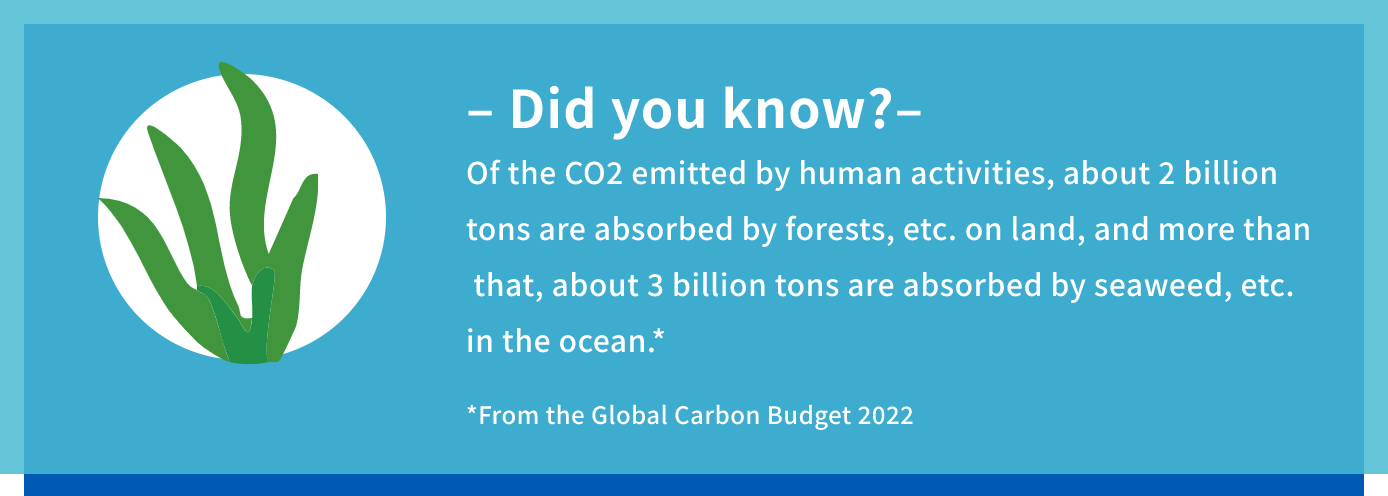

Blue carbon ecosystems that absorb CO2
are now in danger of disappearing.
It is said that blue carbon ecosystems (*1) are disappearing at an
average rate of 2 to 7 % per year (*2).
*1. These refer to marine ecosystems that serve as carbon sinks.
*2. See UNFP “Why Blue Ecosystems Matter.”
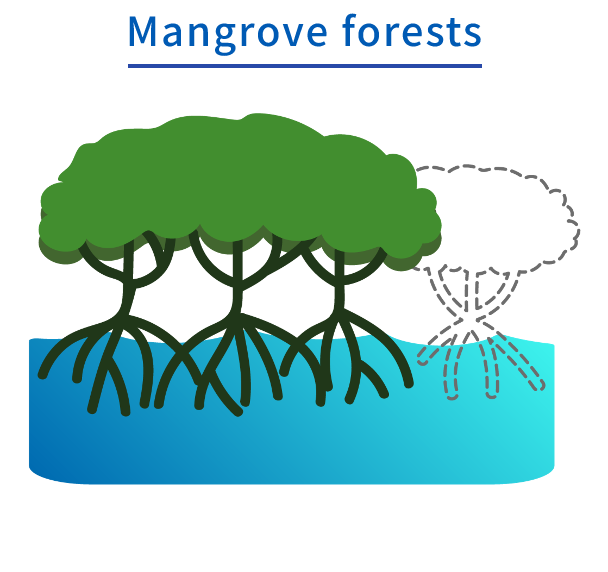
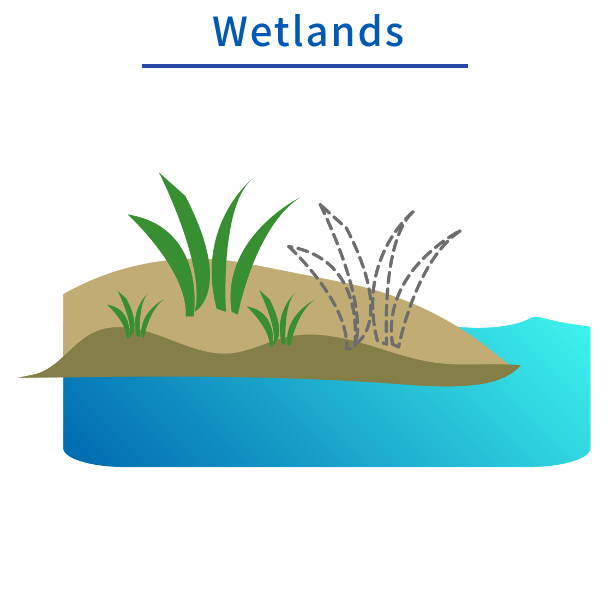
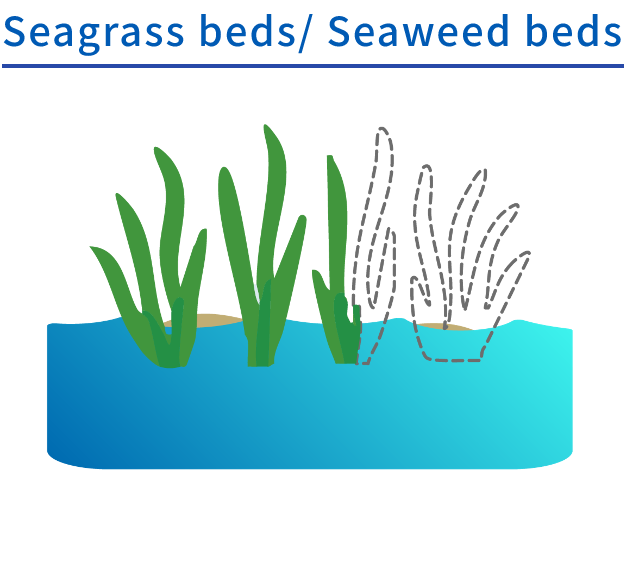



What we, the Panasonic Group, can do
The Panasonic Group, which has been actively involved in river
and coastal cleanup activities, is committed to protecting and
nurturing blue carbon ecosystems.



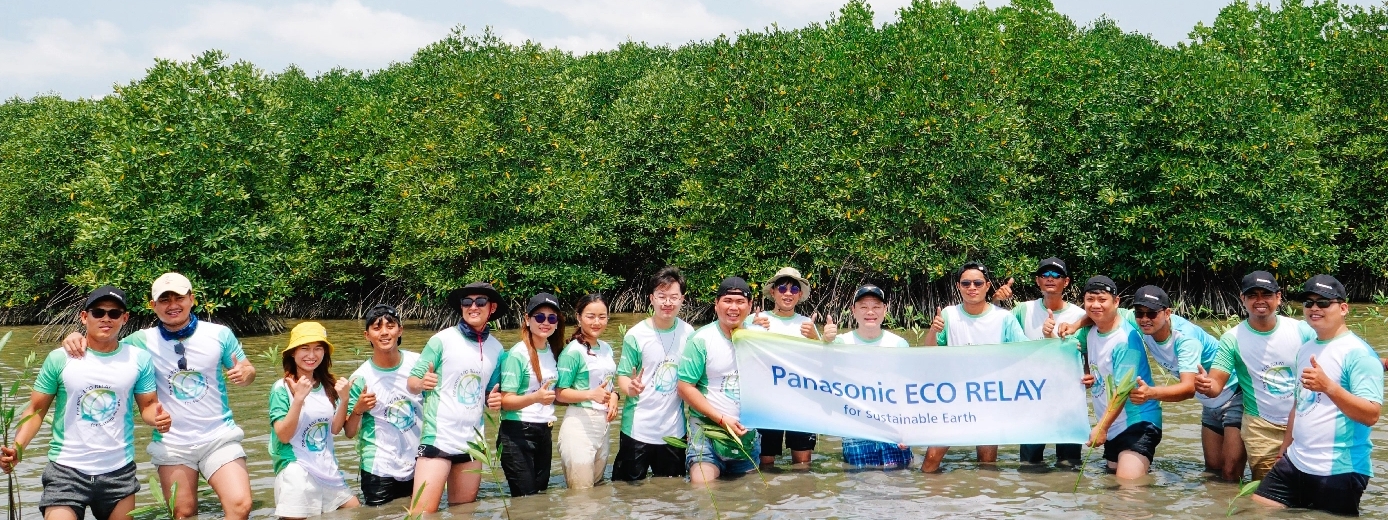
Preserving and enhancing the richness of the sea to reduce
CO2 emissions. Panasonic Group’s corporate citizenship
activities to nurture blue carbon ecosystems.
Each and every one of us will continue our activities as a
global citizen.

Activities to preserve the richness of the sea
As part of corporate citizenship activities, the Panasonic
Group has been promoting ECO RELAY activities for more than
30 years to protect the richness of the sea in its various forms.
